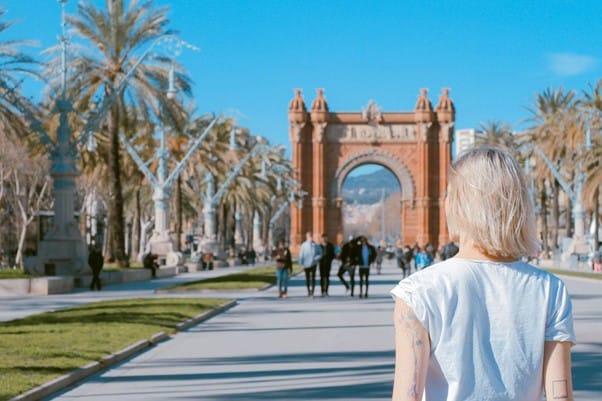The terraces: an unconditional love
Barcelona, in addition to its many virtues, boasts a pleasant climate that lasts for most of the year, thanks to its fortunate location bathed by the Mediterranean. This factor accentuates the Barcelonians' love for outdoor life. Such is the case at the Hotel Pulitzer, situated in the heart of the city just steps away from essential sights, featuring a rooftop terrace that's the envy of the neighborhood. With stunning views, drinks taste better, and music accompanies the toasts and celebrations of the guests. This terrace has been designed by one of the country's top interior designers, Lázaro Rosa Violán, and his skilled touch is evident upon entering. Abundant greenery, natural materials, a lot of local character, and the city's rooftops in the background. You must drop by for a cocktail or savor one of their dishes to fully grasp what we're talking about. Welcome!
Parties and festivals: it's always a good time to celebrate.
In Barcelona, the two extremes come together: the most traditional and deeply rooted local festivals and the world's cutting-edge music festivals, many of which have international renown. This harmonious coexistence is what makes this city a unique place, full of contrasts. The same hipster who faithfully attends the electronic music festival Sónar may also join in the festivities of their neighborhood's main celebration, and perhaps you'll even see them participating in building human towers, known as 'castellers'.

